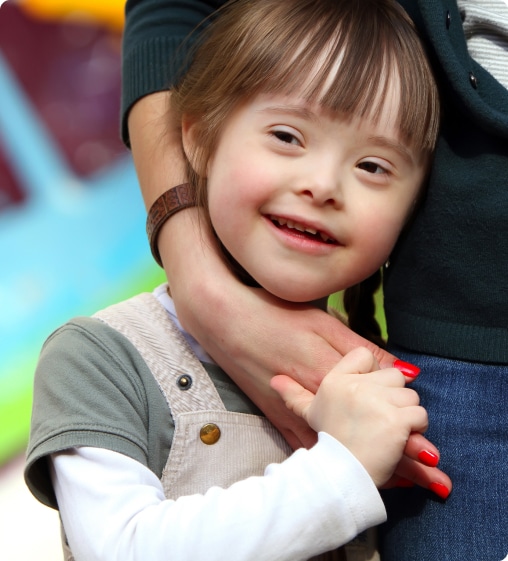Transformation of the early childhood system is unlikely to come as a single decision or sweeping policy change. Instead, it will be the cumulative result of many choices of early childhood leaders to affirm the right of all young children to thrive and to take strategic action to challenge a system that was built for inequity.
This playbook is for all of us. It offers guidance for those ready to take action by making those choices in their spheres of influence—concrete steps that can be taken at the national, state, and local levels toward meaningful change within the current structures that govern and define the early childhood system. It extends an invitation to join together in the work of transformation—of ourselves, of the choices we make, and of the early childhood spaces we influence every day.
The following is a synthesis of the opportunities for concrete, meaningful action that local early childhood communities have brought to light within the chapters of this playbook.





